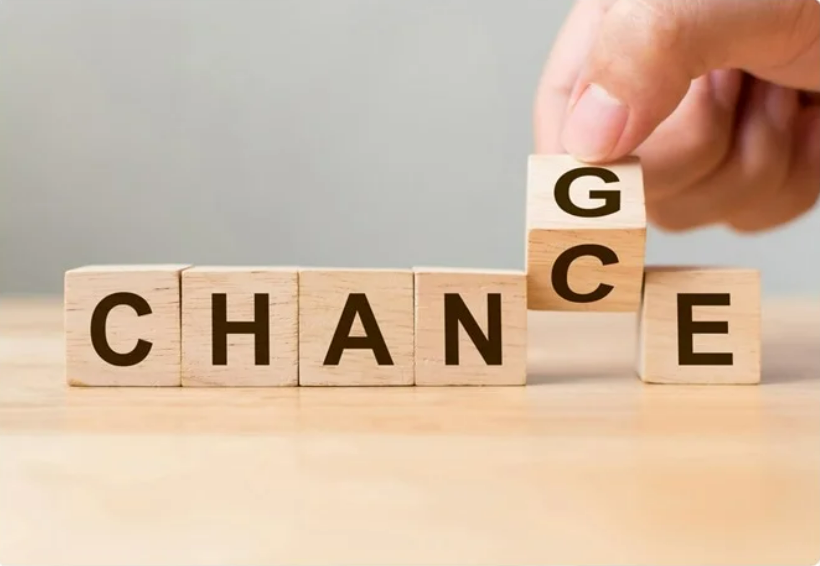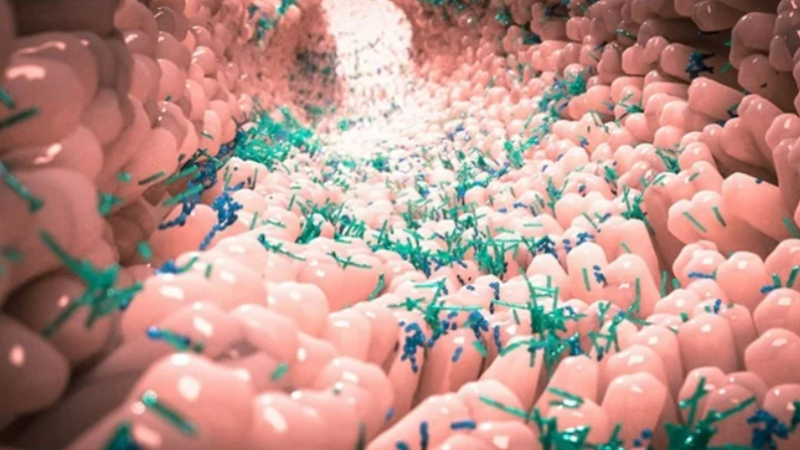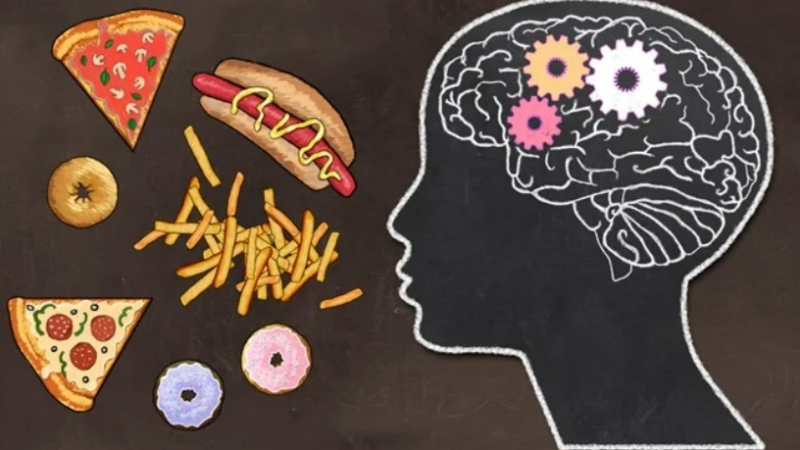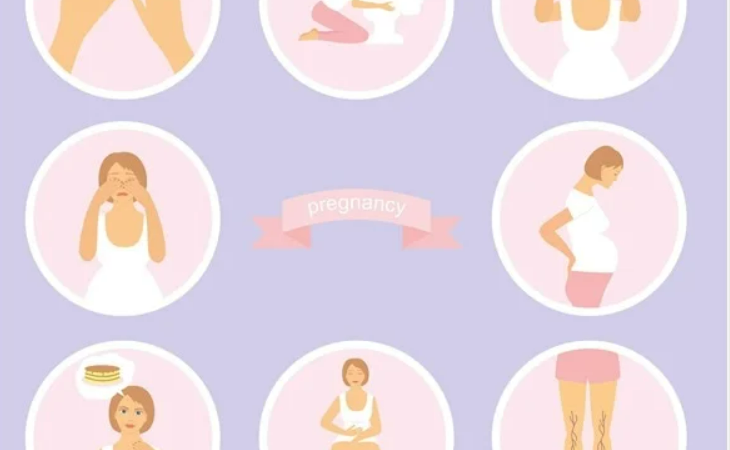A Manual for Adapting to Change

Change can instill hope in some people, have a negative impact on their mental health in others, and, by elevating stress levels, can ultimately worsen their physical health. The underlying component that makes some people more able to handle change than others is frequently related to their various cognitive coping mechanisms and general adaptability to change.
The COVID-19 epidemic has caused significant alterations in people’s daily lives all around the world. People have been forced to stop working or work from home, families and friends have been unable to get together, significant life events like weddings and even pregnancies have been delayed, and the ways in which we can spend our free time—going to the gym, the movies, shopping in person, and engaging in other activities—have changed significantly for the worse. As a result, people may no longer feel as secure about their health and jobs.
Overall, the COVID-19 pandemic has significantly increased levels of uncertainty in our lives due to the various and ongoing changes brought on by the limits and reactions to the virus’s spread.
A person’s ability to adapt to change depends on their capacity for adaptation. It enables one to react adaptably to novel and unexpected circumstances. Humans are easily capable of learning new coping mechanisms through adaptation.
Studies have revealed that some persons adjust to change better than others. Others will thrive in the hardship, while the majority of people find it difficult to accept and adapt to big and unexpected changes, especially unfavorable ones.
The main distinction is in how those that thrive think about and react to the change. Successful adaptors use the opposite approach to the cognitive strategy that was originally thought to be common among humans: they look forward and think about what they could do now that the shift has occurred, as opposed to looking back and analysing what happened to find meaning.
The vegan diet: ethos, impacts, and recommendations
For most people, change causes us to reflect on the past and mull over what transpired.
According to evolutionary theory, understanding how and why something occurred is a crucial tactic for averting future unfavorable outcomes by anticipating the circumstances that will cause them. However, this tactic prevents someone from adapting to change because it keeps them focused on the past and prevents them from properly considering how to make the best behavioral modifications to support the change.
It was once believed that all humans were born with the ability to look back. Now, research has found that one-third of people would behave differently in the face of change, employing a tactic that enables them to adapt to change more successfully.
Researchers Maddi and Horn started looking into Ma Bell employees in the 1970s as the company was about to undergo a disruptive breakup due to competition for customers’ business. The experts were curious to know how people responded to the significant change in their lives. They gathered a plethora of information from the workers over many years, but by the sixth year the Ma Bell breakup happened, which led to the loss of around half the staff. For the following six years, the researchers studied the full group, including individuals who were fired or laid off.
Whether they retained their jobs or lost them, they discovered that most individuals responded adversely to the upheaval. The researchers noted rises in divorces, drunkenness, drug addiction, and gambling, as well as rising rates of diseases like cancer, heart attacks, and strokes.
But one-third of each group responded differently, and they were able to successfully use this transformation for their own personal success. Those in this third who kept their employment advanced in their fields, while those who lost them found success in other fields.
The adaptive third showed “existential daring” and looked ahead rather than back, which set them apart from the majority who were negatively affected by the change. Although searching for solutions to change is ingrained in human nature, not everyone seeks in the same places.
Adapting our viewpoint to see ahead
When examining what makes different people heal from trauma in different ways, researchers at the University of California-Irvine discovered comparable evidence. The researchers discovered that the majority of individuals naturally seek to the past for an explanation for their pain after analyzing a group of people who had experienced the loss of a spouse or child, were victims of child abuse or terrorism, or had been affected by a natural disaster. A third of trauma victims, however, did not adopt this viewpoint and instead focused on what they could do going forward, now that what had happened to them had transpired. Following their experience, this third was discovered to be the most well-adjusted.
Both studies show that by intentionally shifting our focus, we may flourish during periods of disruptive upheaval. If we refrain from using this cognitive technique and instead focus on opportunities this change can provide in the future, those of us who naturally seek to the past for answers might be better able to handle change.





